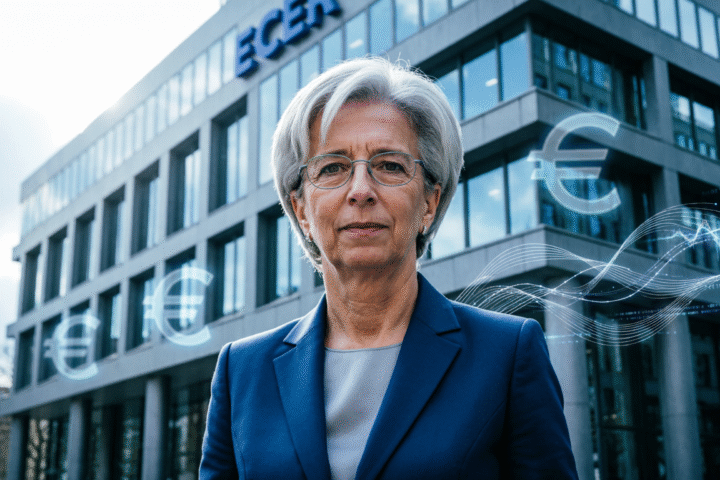Russian President Vladimir Putin has enacted a law transferring Russia crypto mining oversight from the Ministry of Digital Development to the Federal Tax Service (FTS). This move is expected to expand government access to digital currency transactions and introduce new regional restrictions on cryptocurrency activities.
This new law delegates control over the national registry of digital currency miners to the Federal Tax Service (FTS). It reassigns this critical administrative task and strengthens the FTS’ ability to monitor digital currency transactions and the broader cryptocurrency economy in the country.
With this new authority, the FTS gains access to essential identifiers for all digital currency sale orders, including unique transaction identifiers and addresses. This will provide tax authorities with comprehensive information about digital currency flows within the country and equip them with tools to better enforce tax regulations on crypto transactions. This shift aligns with the broader efforts of Russian regulatory bodies to bring clarity and control to the digital currency market.
Related: Lagarde Exit Talk Sparks Uncertainty Over ECB Digital Euro Future
The new Russia crypto mining law also grants additional access to transaction data to a wide range of government entities, including Rosfinmonitoring, the FSB, and various investigative agencies. These, along with the prosecutor’s office and other law enforcement bodies, will now be able to request and receive detailed transaction information.
New Russia Crypto Mining Regulations Address Energy Concerns, Introduce Regional Bans
In addition to the transfer of registry management, the law imposes new restrictions on where cryptocurrency mining can occur. Certain regions will now face outright bans on digital currency mining, likely as a measure to address concerns over energy consumption and grid stability. Mining has previously led to power shortages in some areas, prompting authorities to consider localized restrictions.
The move toward a more formalized structure for cryptocurrency mining follows Russia’s earlier announcement in August 8 to legalize cryptocurrency mining for certain groups starting November. This allоws Russian entities and registered individual entrepreneurs to engage in crypto mining as long as they are registered with the Ministry of Digital Development. Individuals not registered as entrepreneurs may also mine cryptocurrency but will be subject to strict government-set energy consumption limits, ensuring that private mining operations do not destabilize regional energy supplies.
Related: CFTC Opens Door for National Trust Banks to Issue Stablecoins
Oleg Ogienko, Deputy General Director for Communications at BitRiver, a prominent Russian cryptocurrency mining company, previously expressed support for these changes. He said that formal regulation of mining will contribute to IT sector growth and job creation.
Russia has been leveraging crypto-based transactions with platforms like Exved. Here’s what the interface of a Russian instant exchanger looks like.












